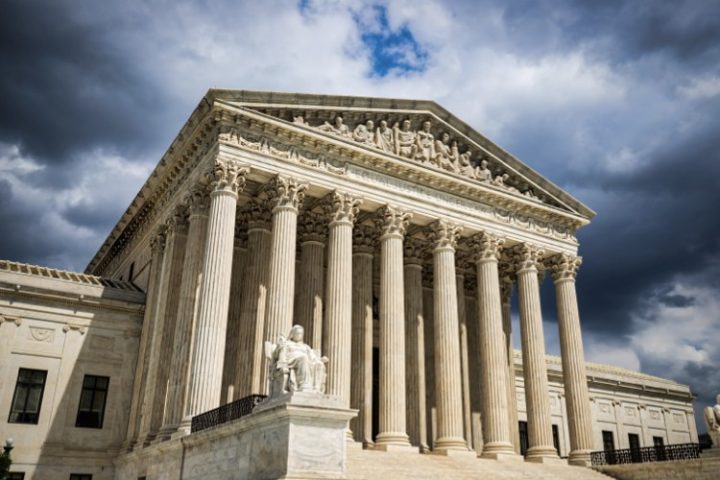
Denver-based website creator Lorie Smith, owner of 303Creative.com, will, after six long years, finally get her day in court. On December 5, oral arguments begin on a case that should never have been filed, on an issue that should never have been raised. At issue: Smith’s right to conduct her business as she sees fit, according to her own values and beliefs.
When Colorado’s leftist legislators passed the Colorado Anti-Discrimination Act, or CADA, Smith immediately saw the potential threat to her business and filed a preemptive lawsuit. If the new law were allowed to stand, her business would be a prime target: She declared that, according to her Christian beliefs, she would not build a website for a marriage that conflicted with those beliefs.
She makes that clear on her website:
As a Christian who believes that God gave me the creative gifts that are expressed through this business, I have always strived to honor Him in how I operate it….
Because of my faith … I am selective about the messages that I create or promote — while I will serve anyone I am always careful to avoid communicating ideas or messages, or promoting events, products, services, or organizations, that are inconsistent with my religious beliefs.
To the anti-Christian liberals at Colorado’s civil-rights commission, this is anathema. Courts ruled in their favor, and Smith appealed. Last February, the Supreme Court agreed to take the case, limiting the issue to this: “Whether applying a public-accommodation law to compel an artist to speak or stay silent, contrary to the artist’s sincerely held religious beliefs, violates the Free Speech or Free Exercise Clauses of the First Amendment.”
According to Alliance Defending Freedom (ADF), the public-interest law firm that is representing Smith, the lower court “astonishingly concluded that the government may, based upon content and viewpoint, force Lorie to convey messages that violate her religious beliefs and restrict her from explaining her faith [on her website].”
There was one voice of common sense in that lower court’s ruling, expressed by the Tenth Circuit’s Chief Judge Timothy Tymkovich:
The majority takes the remarkable — and novel — stance that the government may force Ms. Smith to produce messages that violate her conscience.… [It] concludes … that Colorado has a compelling interest in forcing Ms. Smith to speak a government-approved message against her religious beliefs.
No case has ever gone so far.
The majority’s ruling, wrote Tymkovich, ushers in “a brave new world”:
The Constitution is a shield against CADA’s discriminatory treatment of Ms. Smith’s sincerely held religious beliefs … [but] the majority ushers forth a brave new world when it acknowledges both speech and silence — yet finds this intrusion constitutionally permissible.
CADA [according to the panel’s ruling] forces Ms. Smith to violate her faith on pain of sanction both by prohibiting religious-based business practices and by penalizing her if she does speak out on these matters in ways Colorado finds “unwelcome” or “undesirable.”
Not surprisingly, the ACLU has lined up on the side of the commission. ACLU national legal director David Cole is worried that the Supreme Court might not only rule in favor of Lorie Smith, but also broaden its narrow ruling in Masterpiece Cakeshop v. Colorado Civil Rights Commission in 2018. In that ruling, the high court avoided the free-speech issue and ruled instead that the civil rights commission “failed to act in a manner neutral to religion” and thus violated baker Jack Phillips’ First Amendment-protected rights.
Wrote Cole, “If 303 Creative prevails here, then any business that can be characterized as expressive, and that’s a lot of businesses, can start putting up signs saying no Jews served, no Christians served, no Blacks served.”
This could be a “landmark” case, said the ADF:
No one should be banished from the marketplace simply for living and speaking consistently with their religious beliefs. This could be a landmark case for the freedom of speech, religious liberty, and artistic freedom.
We look forward to representing Lorie before the high court.



